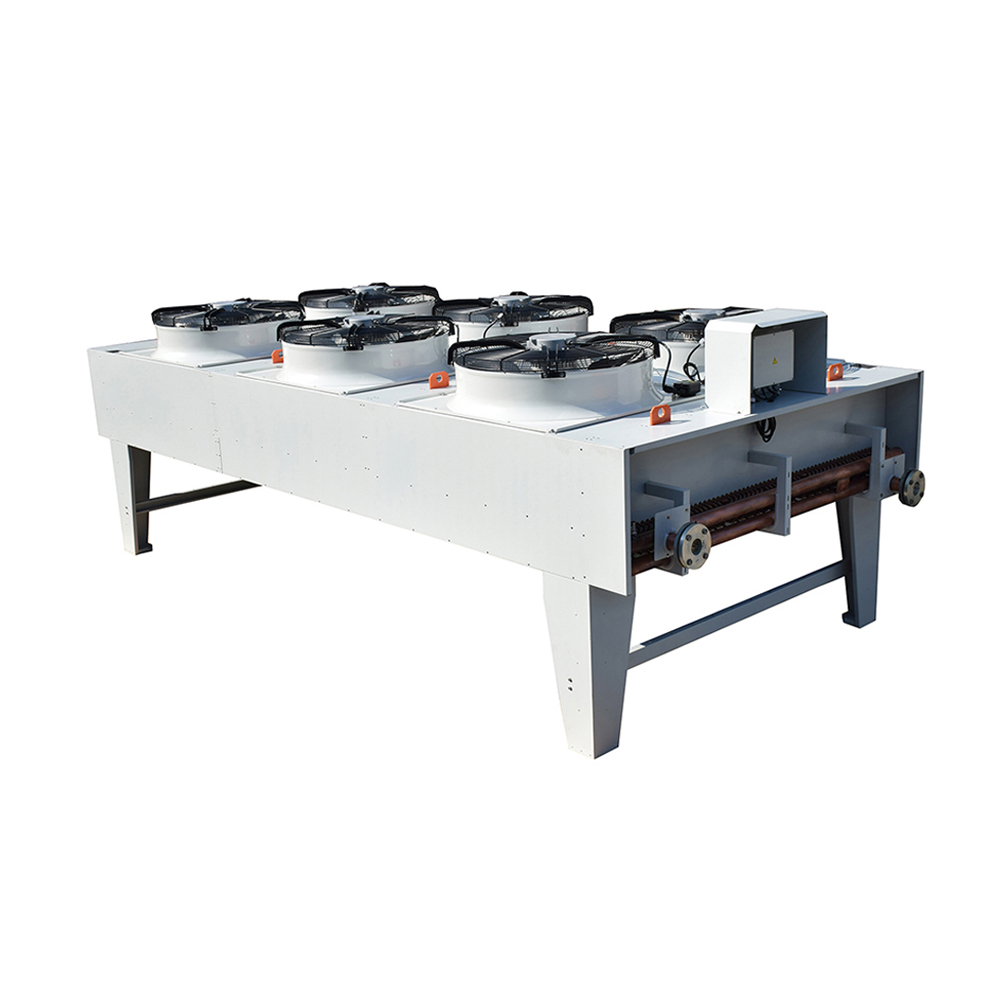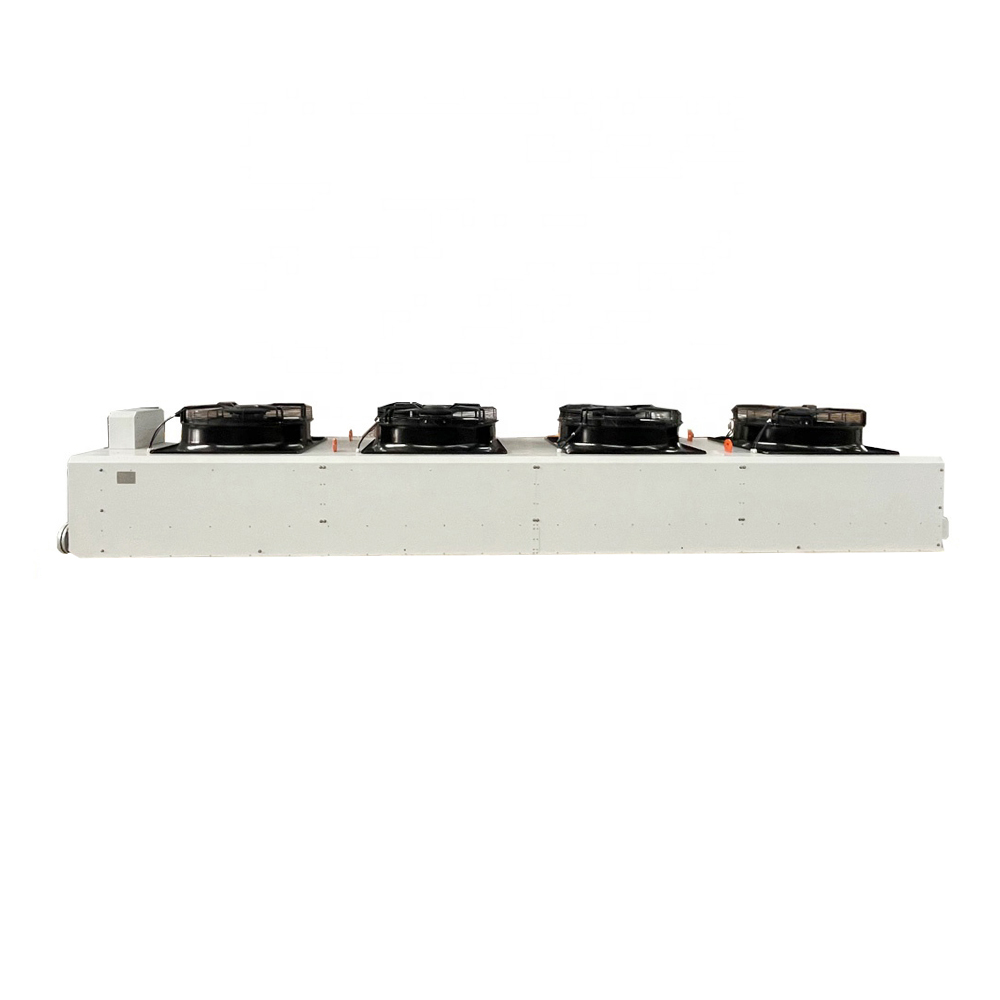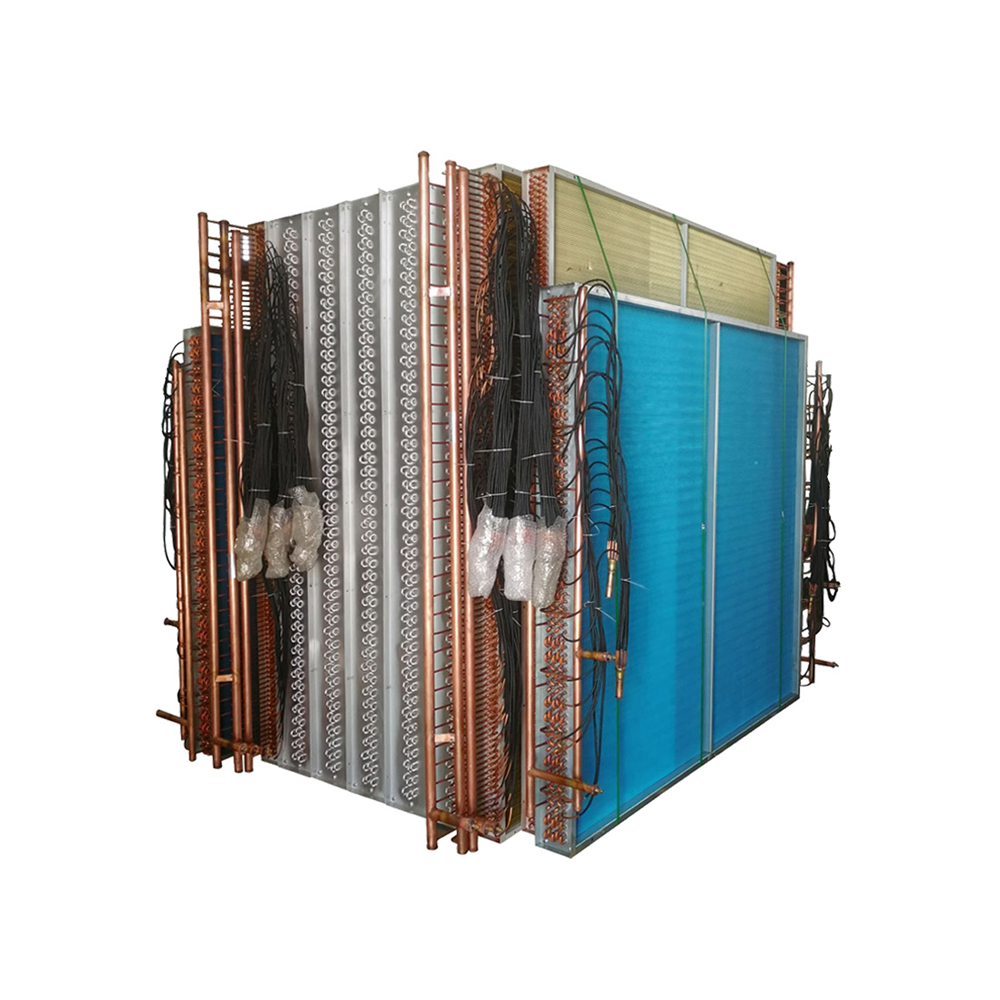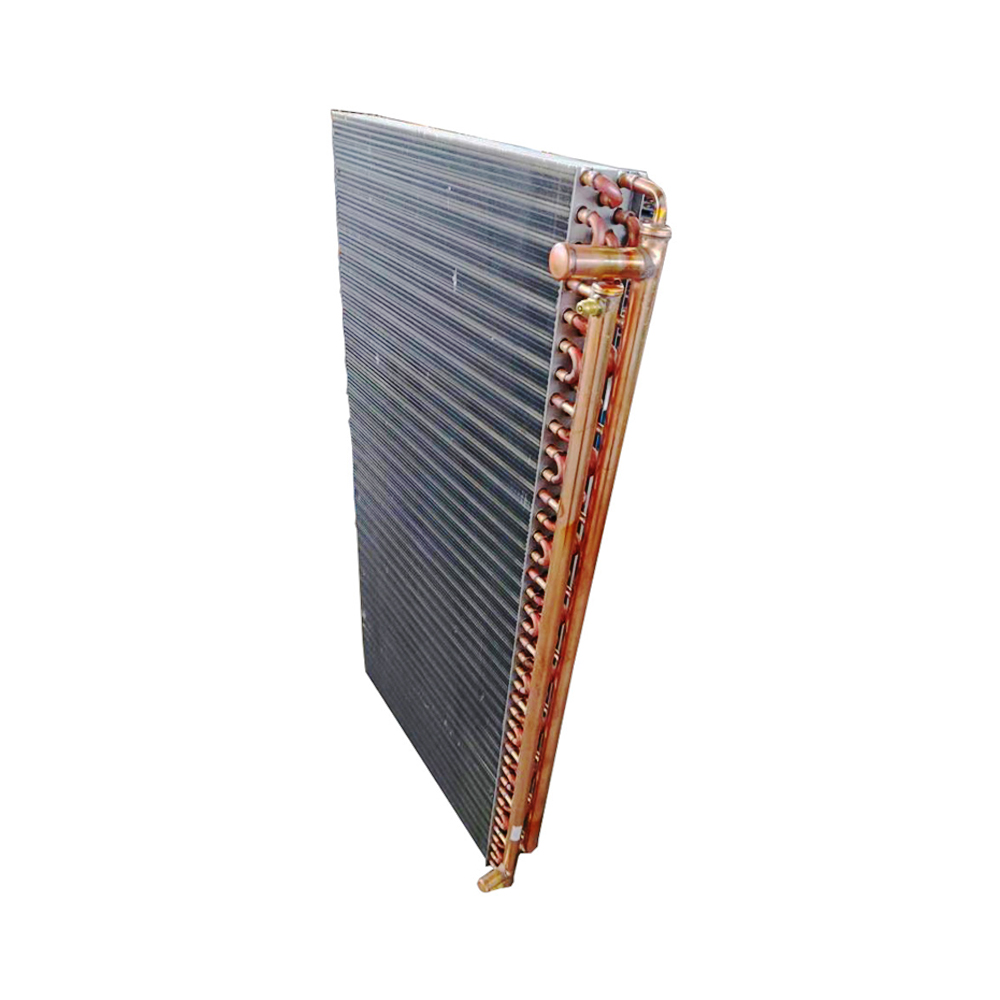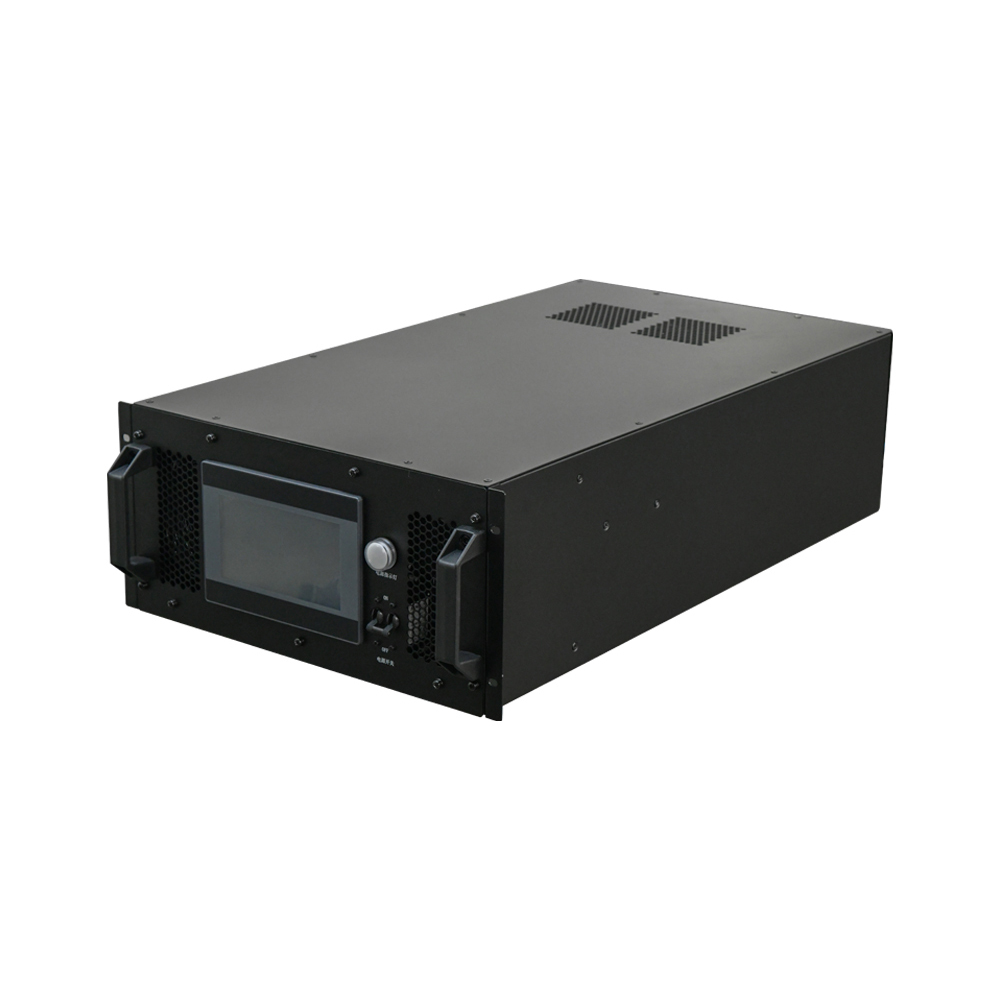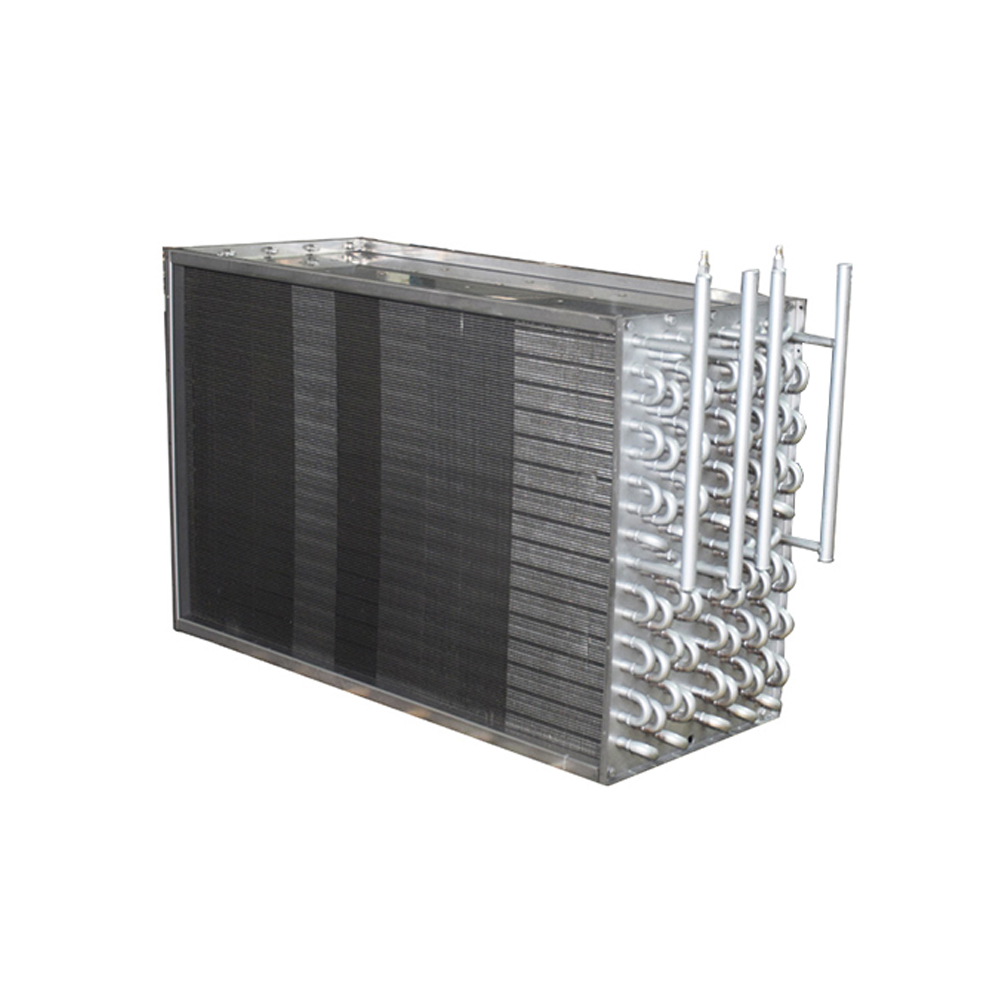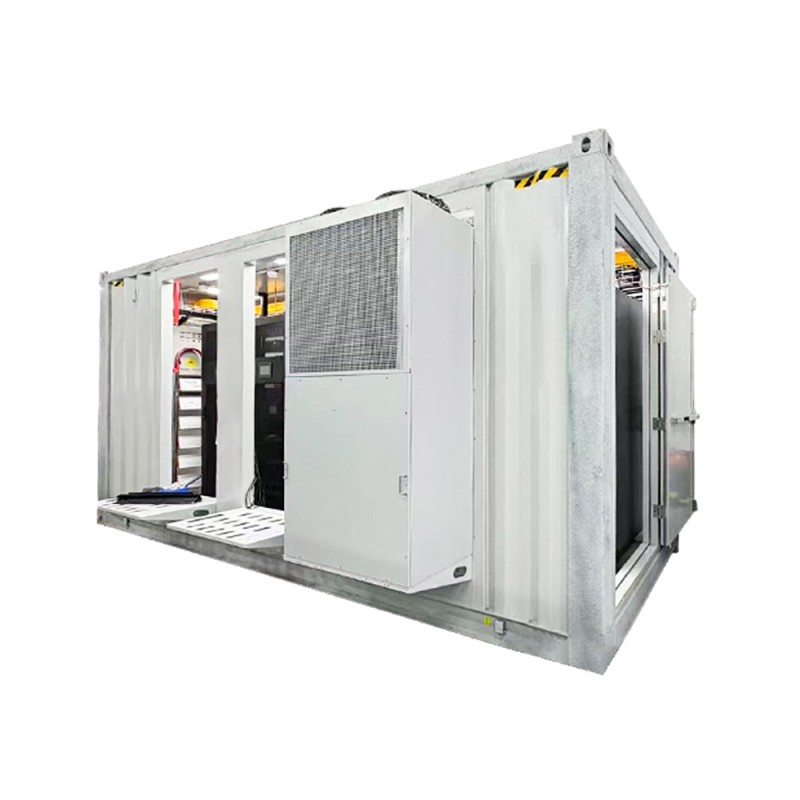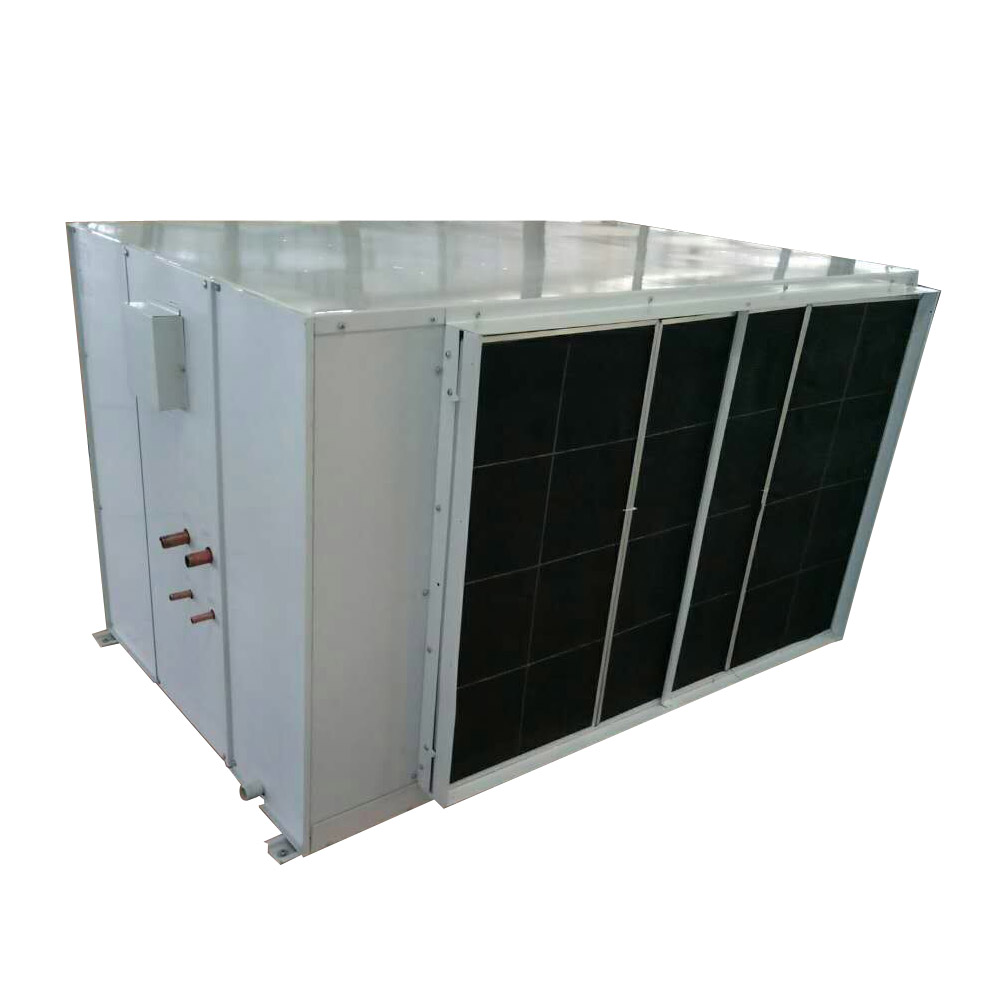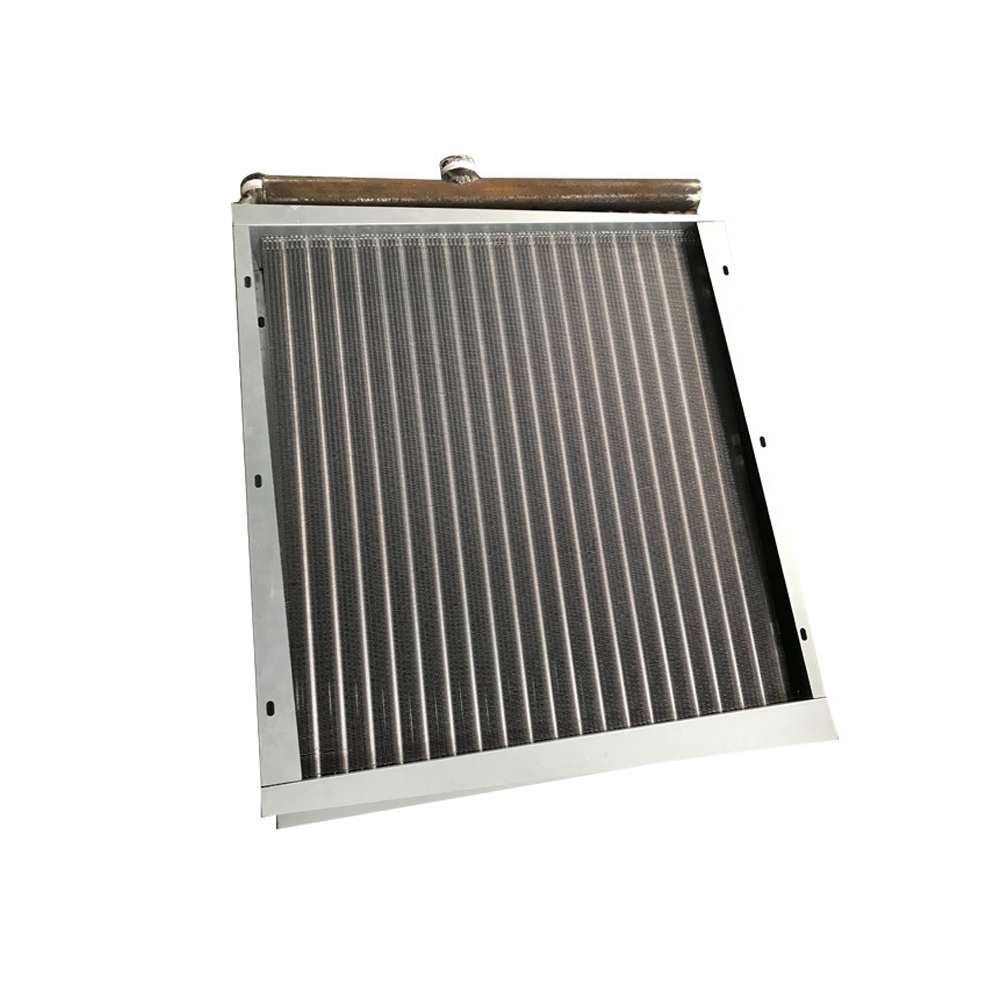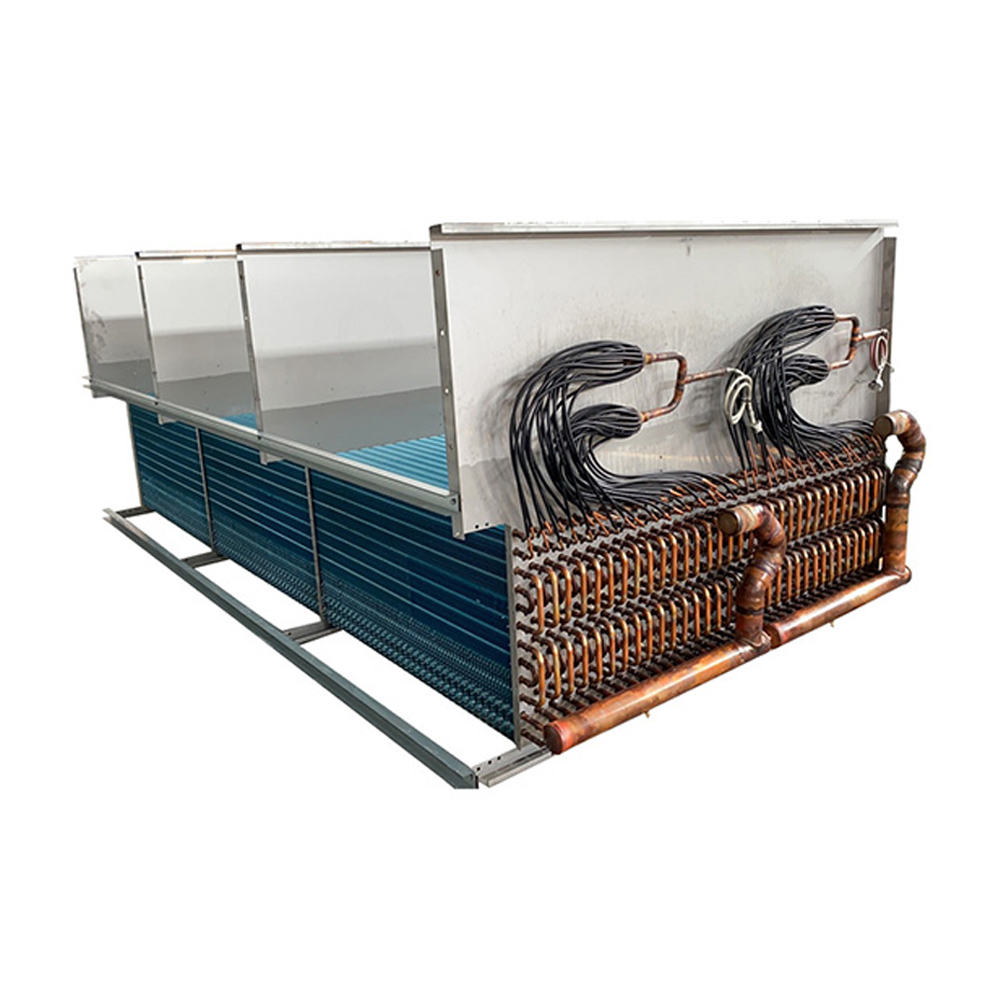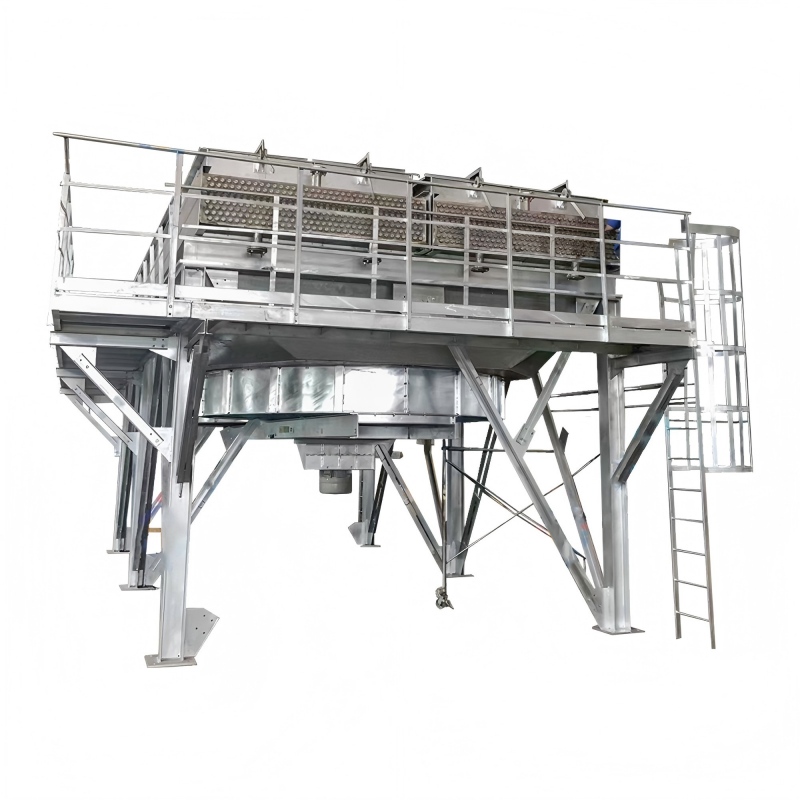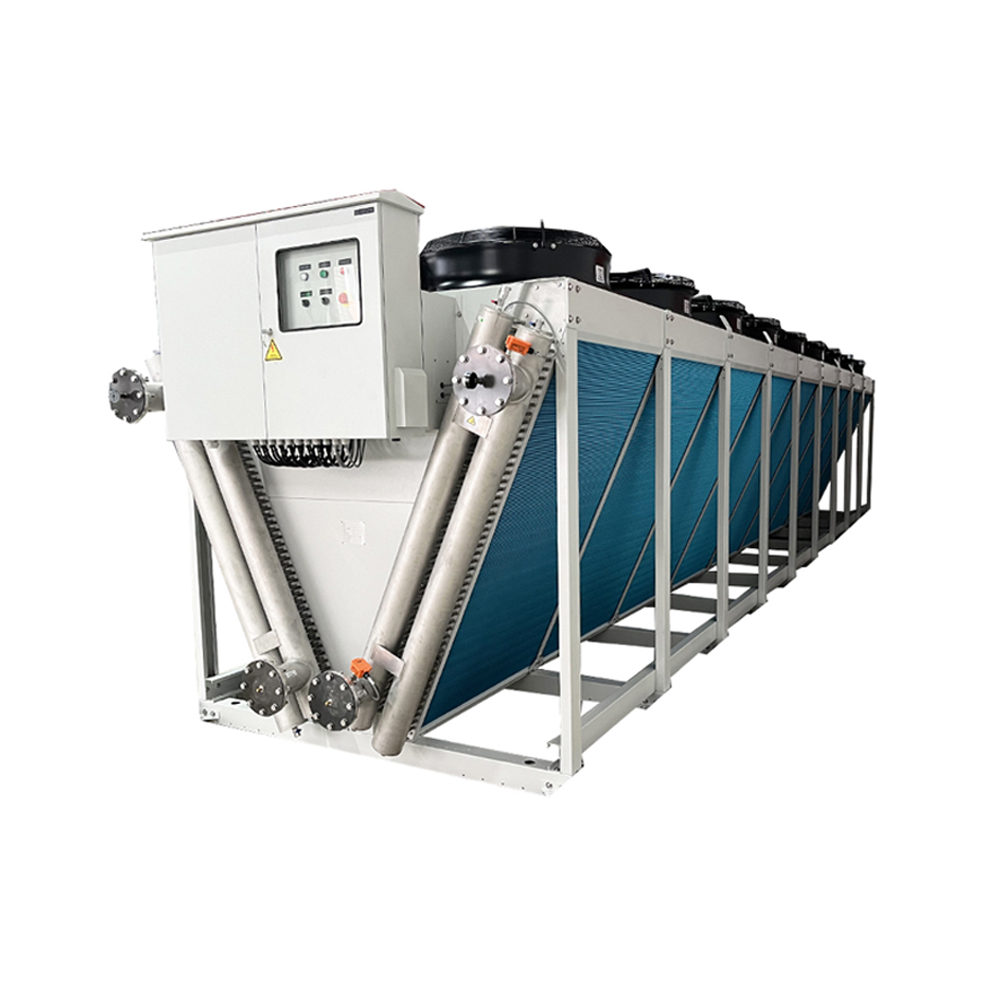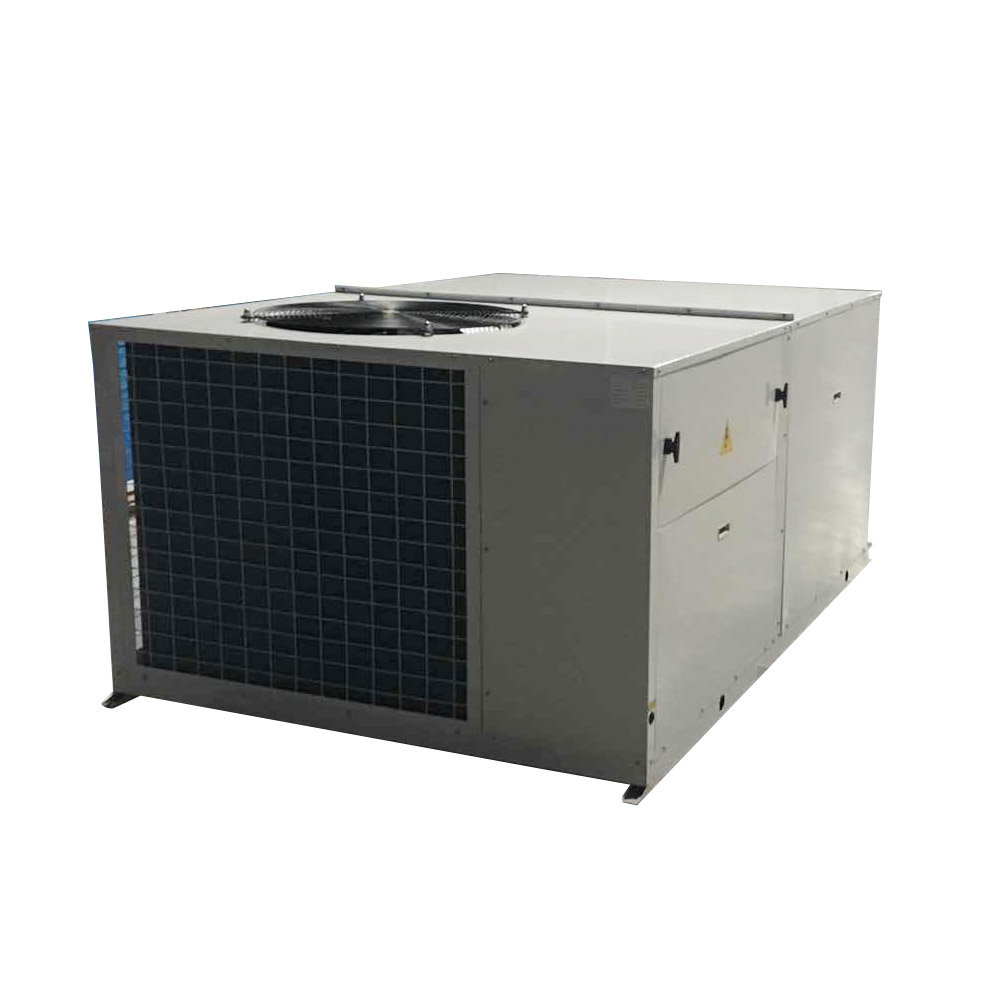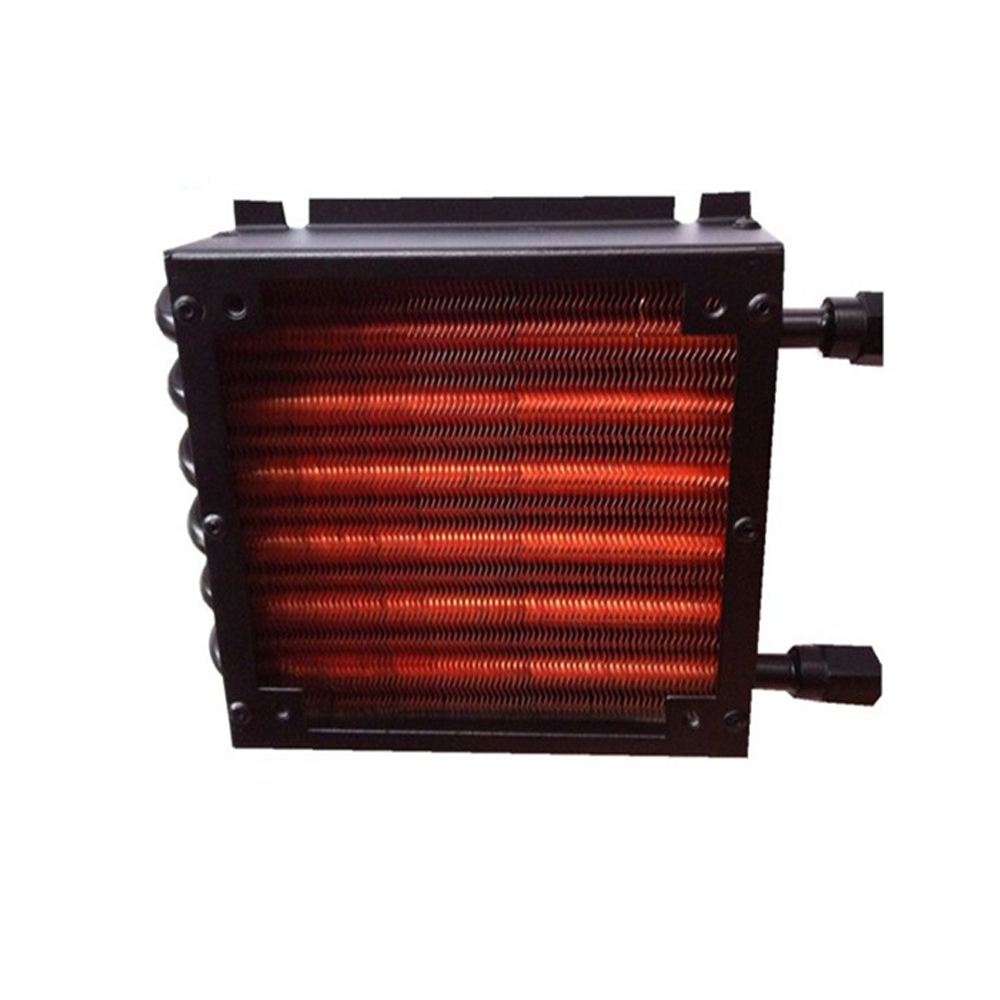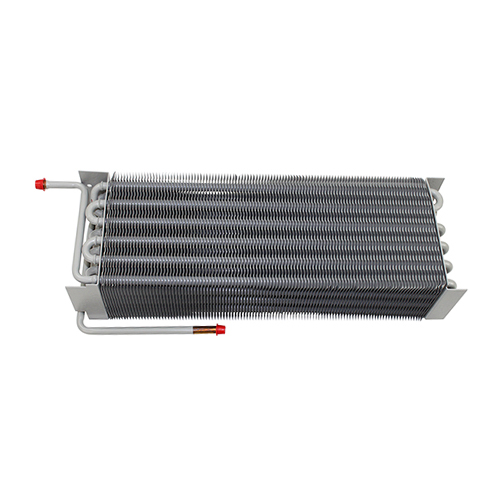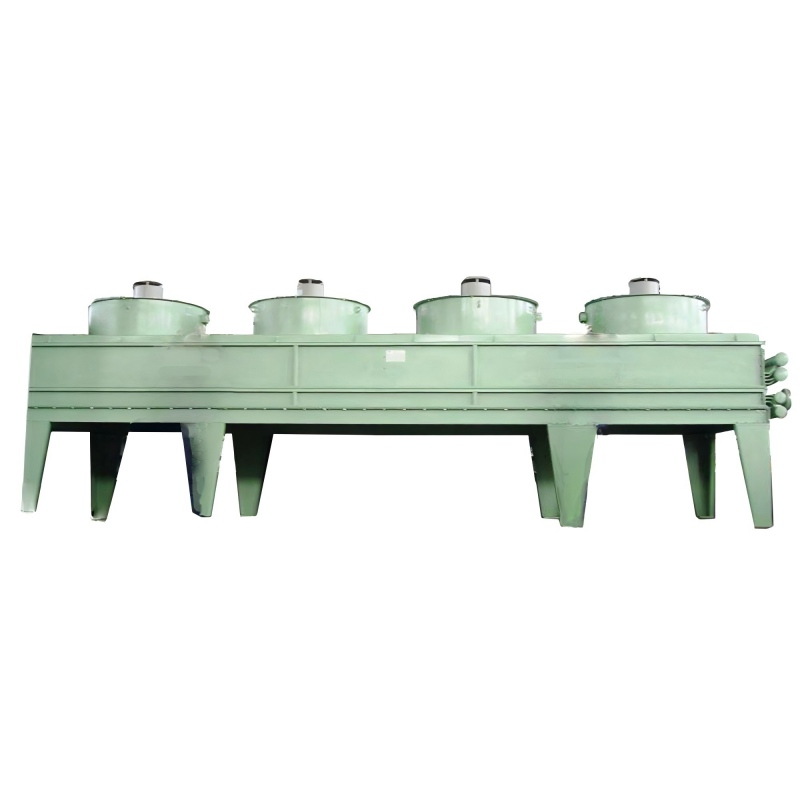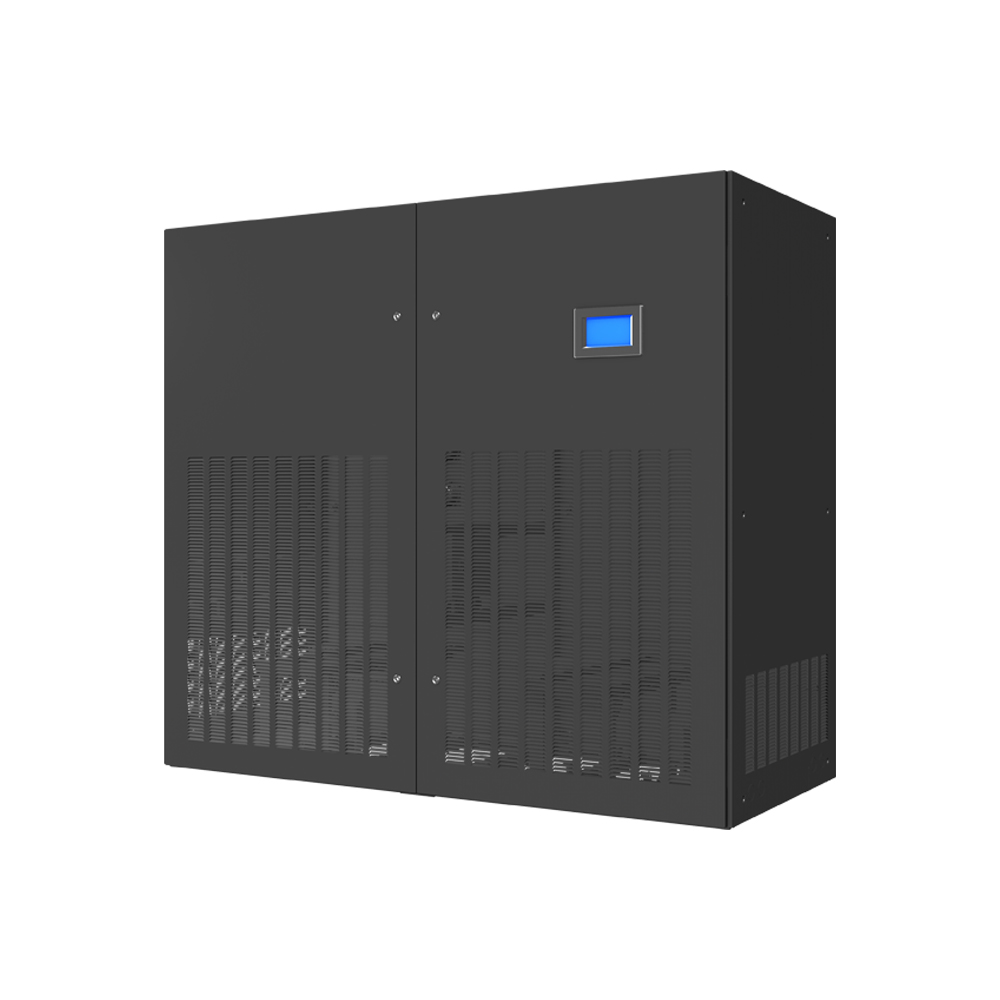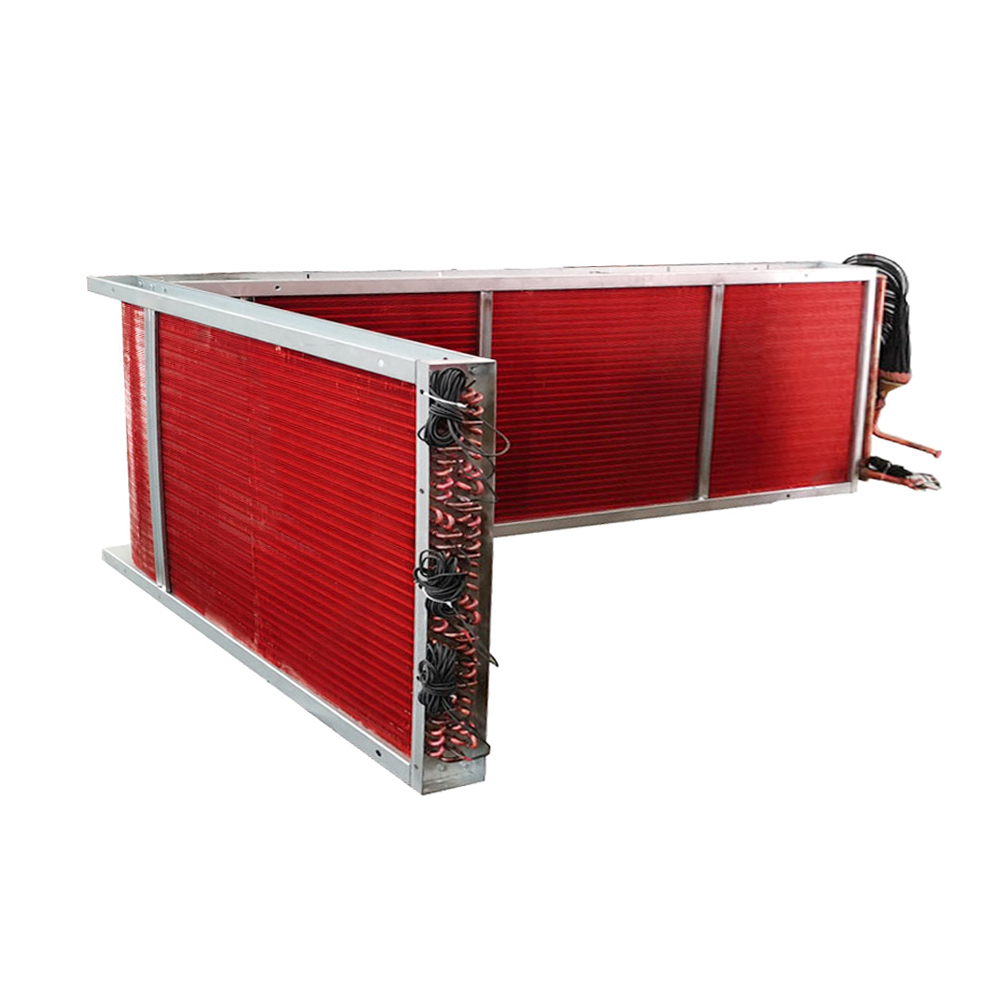This comprehensive guide explores the intricacies of OEM LT-HT dry coolers, helping you understand their features, applications, and selection criteria. We'll delve into the technical specifications, advantages, and considerations for choosing the optimal OEM LT-HT dry cooler for your specific needs. Learn how to make an informed decision to ensure efficient and reliable cooling performance.
What is an OEM LT-HT Dry Cooler?
An OEM LT-HT dry cooler refers to an original equipment manufacturer (OEM) supplied air-cooled heat exchanger designed for low-temperature (LT) and high-temperature (HT) applications. These coolers utilize air as the cooling medium, eliminating the need for water, and are often integrated into larger systems. They are particularly useful where water scarcity, high water costs, or environmental concerns are factors.
Key Features and Specifications of OEM LT-HT Dry Coolers
OEM LT-HT dry coolers come in a variety of configurations and sizes, each tailored to meet specific performance requirements. Key features typically include:
Cooling Capacity
The cooling capacity, often measured in kilowatts (kW) or tons of refrigeration (TR), is a critical factor. This capacity determines the cooler's ability to handle the heat load from the system it is integrated into. Higher capacity OEM LT-HT dry coolers are needed for larger or higher-heat generating applications.
Operating Temperature Range
OEM LT-HT dry coolers operate within specific temperature ranges, indicated by their LT (low temperature) and HT (high temperature) designations. The precise temperature range is determined by the design and materials used in the construction of the cooler. This range dictates the suitability for different applications.
Airflow and Fan Design
Efficient airflow is crucial for effective heat dissipation. The design of the fans, including their number, size, and speed, directly impacts the cooler's performance. Axial fans are commonly used but centrifugal fans can also be implemented depending on application needs.
Materials and Construction
The materials used in the construction of the OEM LT-HT dry cooler are crucial for durability, corrosion resistance, and overall lifespan. Common materials include aluminum, copper, and various types of steel. The choice of material depends on factors such as the operating environment and the type of refrigerant used.
Choosing the Right OEM LT-HT Dry Cooler for Your Needs
Selecting the appropriate OEM LT-HT dry cooler requires careful consideration of various factors. These include:
Heat Load Calculation
An accurate calculation of the heat load is essential. This determines the required cooling capacity of the OEM LT-HT dry cooler. This calculation should take into account factors such as the ambient temperature, the temperature of the fluid being cooled, and the flow rate of the fluid.
Ambient Conditions
The ambient temperature, humidity, and airflow significantly impact the performance of a OEM LT-HT dry cooler. The cooler should be selected to operate efficiently under the anticipated ambient conditions.
Maintenance Requirements
Regular maintenance is vital for the long-term performance and reliability of the OEM LT-HT dry cooler. Consider factors such as accessibility for cleaning, filter replacement, and fan maintenance when making your selection.
Comparison Table of OEM LT-HT Dry Coolers
| Feature | Option A | Option B |
| Cooling Capacity (kW) | 100 | 150 |
| Operating Temperature Range (°C) | -20 to +50 | -30 to +60 |
| Fan Type | Axial | Centrifugal |
| Material | Aluminum | Copper |
Note: This is a simplified comparison. Actual specifications will vary depending on the manufacturer and model. Contact a supplier for detailed information.
For high-quality OEM LT-HT dry coolers, consider exploring the offerings from Shanghai SHENGLIN M&E Technology Co.,Ltd. They are a leading provider of innovative and reliable cooling solutions.
This information is for general guidance only. Always consult with a qualified professional for specific applications and requirements.









